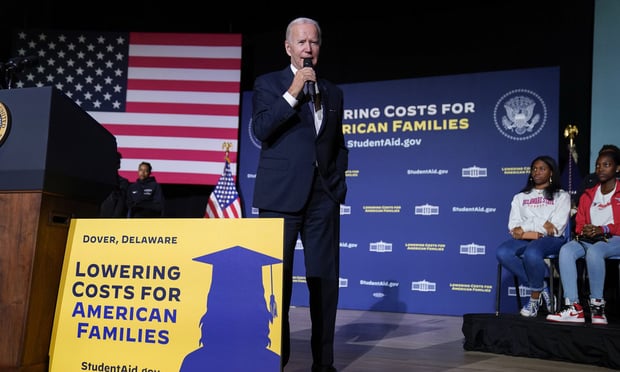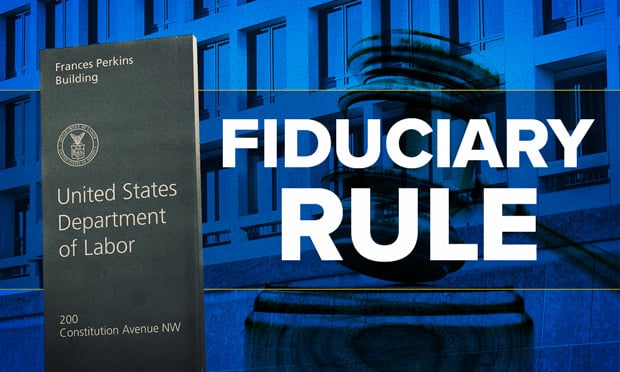Expert pollsters use icebreaker questions to motivaterespondents to continue taking the survey. Among the favorite firstquestions is “If the presidential election were held today, whowould you vote for?”
|This question works because almost everyone has an opinion onthe subject. It doesn’t matter if the survey has nothing to do withpolitics. It primes them. Market research mavens adore primedrespondents.
|There’s only one problem with this sure-fire icebreakerquestion: You can only use it every four years.
|There’s another great icebreaker question pollsters like to use.It’s the “name the more important event in history” type ofquestion. It usually produces suspect answers, but that’s not itspoint.
|Its purpose is to inspire the survey taker to get excited abouttaking the survey. If someone asked you “Name the more importantevent in America from the past 50 years?” it gets your mentaljuices going. (And, if you’re relaxing in front of a refreshingbeverage during happy hour, this is the kind of question that makestable talk exciting – and sometimes a bit tense, depending on thecontents of the beverage.)
|This is why the question is unreliable: During the 10thanniversary of 9/11, surveys showed respondents placed thisterrorist attack as a “most important event” roughly 65% of thetime. You might think that’s understandable because the mediainundated the airwaves with stories on the subject. You also mightthink that, a mere two weeks before the anniversary and before theinundated airwaves, only about 30% of the respondents cited theattack as “most important.”
|It’s what happened two weeks later that might surprise you.
|Two weeks after the 10th anniversary of 9/11, after theincessant anniversary stories had stopped, the event was listed as“most important” by, again, only 30% of those taking thesurvey.
|It’s true what they say: “Out of sight, out of mind.”
|For a number of reasons (q.v., “Massachusetts”), no matter whathappens with the DOL’s fiduciary rule, “fiduciary” will remainin the mindset for some time. As long as this is the case,“fiduciary” will not be “out of sight.” Ergo, it will not be “outof mind.”
|As long as it’s in mind, it’s critical we separate the wheatfrom the chaff (see “Exclusive Interview: David Levine: 401k PlanSponsors Must Separate These Fiduciary Rule Facts from Fiction,”FiduciaryNews.com, February 21, 2018).
|If you’re a retirement plan professional, it’s even morecritical to undertake these two actions in regards to the DOLfiduciary rule: document and discover.
|This whole “Best Interest Contract” (“BIC”) concept isn’tunreasonable. It’s also not specifically defined. That means thereare a lot of right answers. That’s the good news.
|The bad news? If push comes to shove and you’re called out onthe carpet to explain your “right” answer, you’ll need back-up.That support generally means documentation.
|This documentation should answer the question “What were youthinking?” In other words, you adopted certain procedures, contractlanguage, and systems in response to the BIC mandate. You obviouslythought your decision met the basic ERISA standards of prudence,loyalty, and reasonable compensation. Simply write down yourdecision-making process. Be sure to include any supplementalmaterials referenced while making that decision.
|This is the nature of documentation. It goes into a file,perhaps to be reviewed periodically for updating, perhaps neveragain seeing the light of day until the DOL (or a plaintiffattorney) comes calling.
|As for the second action, once you’ve covered your own bases,it’s time to discover what everyone else is doing. No industryremains static. Changes occur all the time. You might not be takinga lead in these changes, but your competitors might be. Ultimately,you’ll need to adapt these changes to your business model to insureits sustainability.
|Why reinvent the wheel? If some pioneer has already blazed atrail, take it. Don’t waste resources forging a new path to thesame destination. Sure, you may want to alter some aspects, butwhat your competitor is doing represents a great startingpoint.
|Now, how might you go about collecting that market research? Youmight want to ask the market.
|May I suggest an icebreaker question?
Complete your profile to continue reading and get FREE access to BenefitsPRO, part of your ALM digital membership.
Your access to unlimited BenefitsPRO content isn’t changing.
Once you are an ALM digital member, you’ll receive:
- Critical BenefitsPRO information including cutting edge post-reform success strategies, access to educational webcasts and videos, resources from industry leaders, and informative Newsletters.
- Exclusive discounts on ALM, BenefitsPRO magazine and BenefitsPRO.com events
- Access to other award-winning ALM websites including ThinkAdvisor.com and Law.com
Already have an account? Sign In
© 2024 ALM Global, LLC, All Rights Reserved. Request academic re-use from www.copyright.com. All other uses, submit a request to [email protected]. For more information visit Asset & Logo Licensing.








